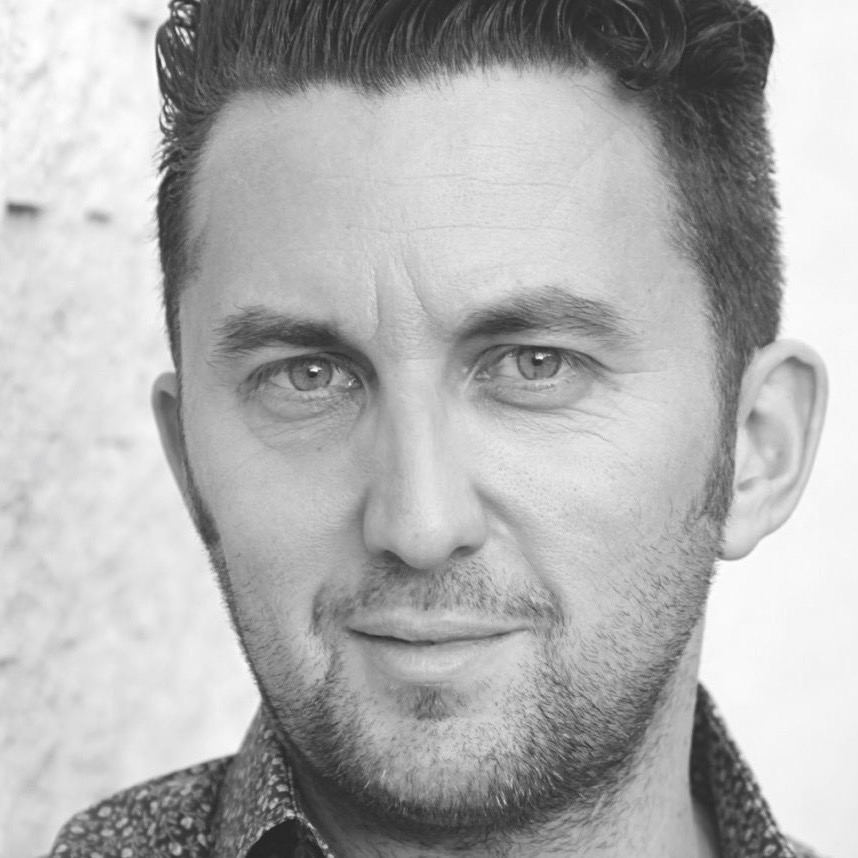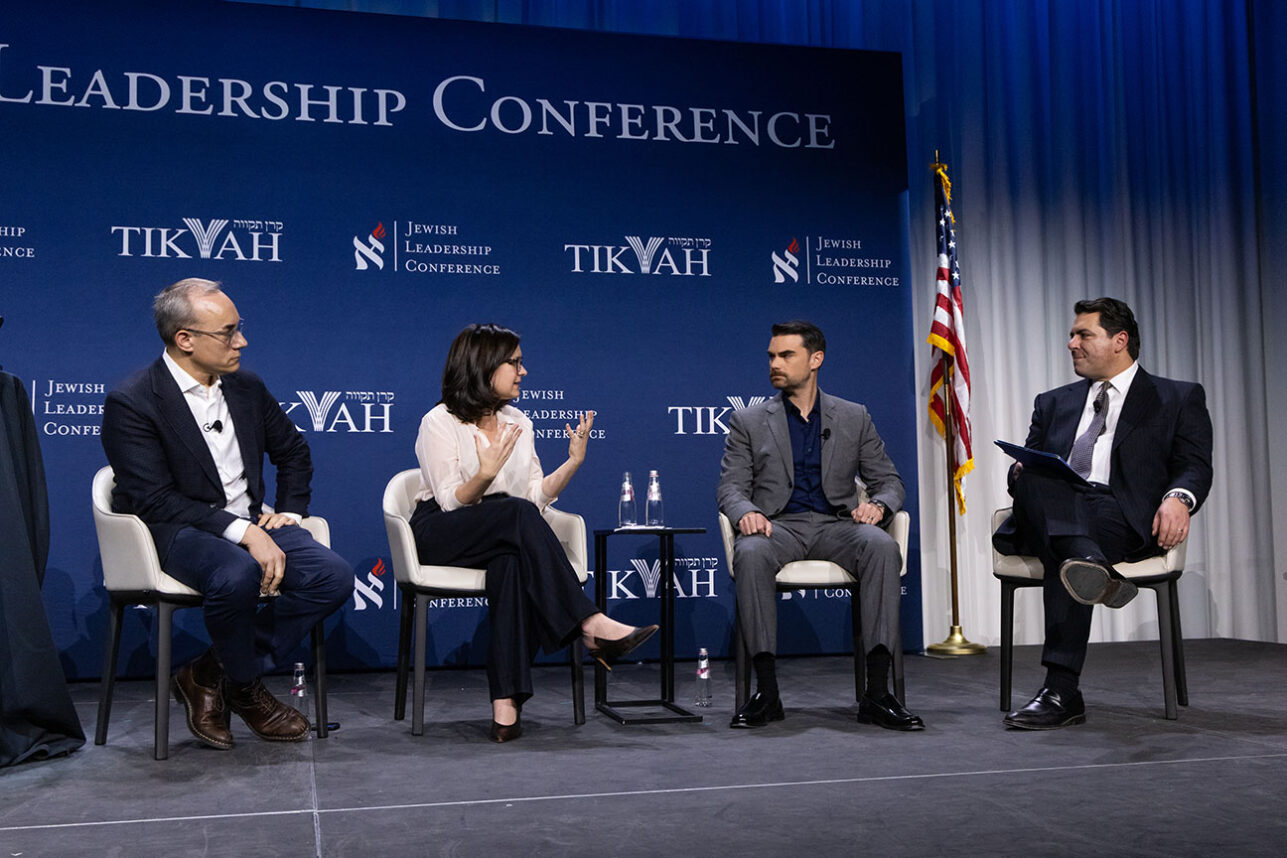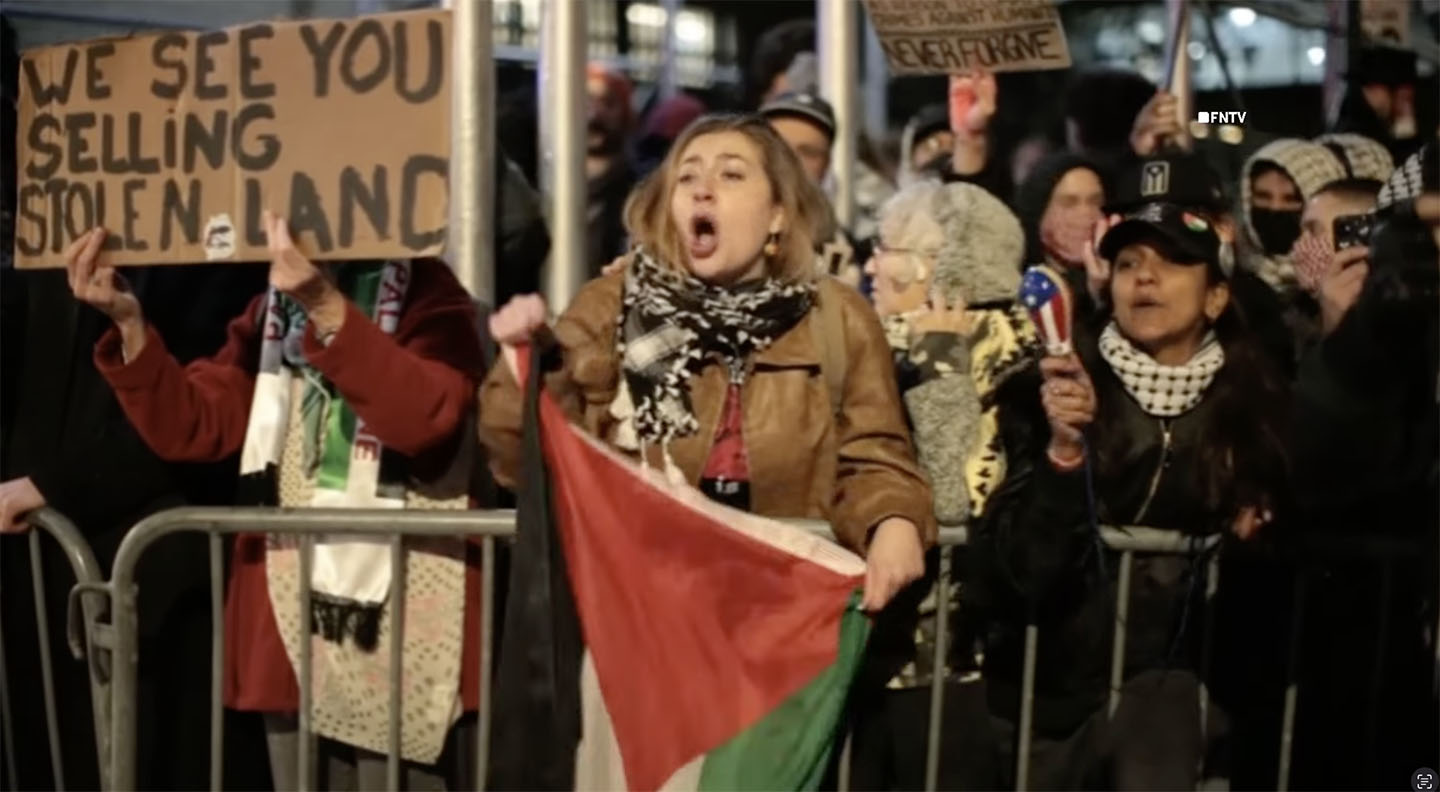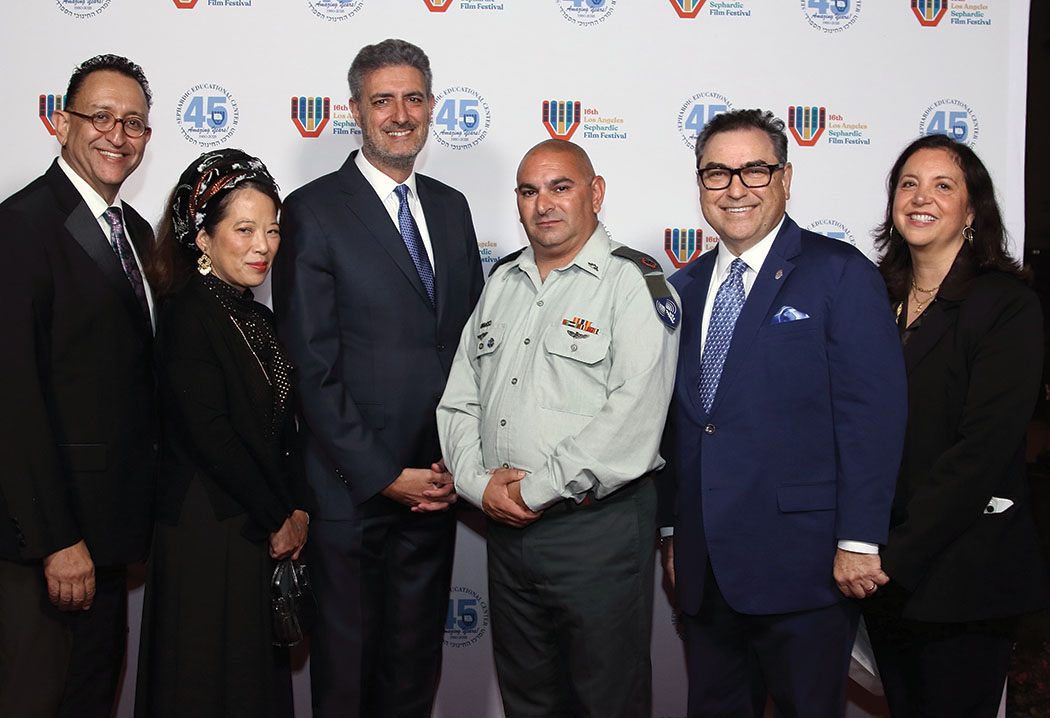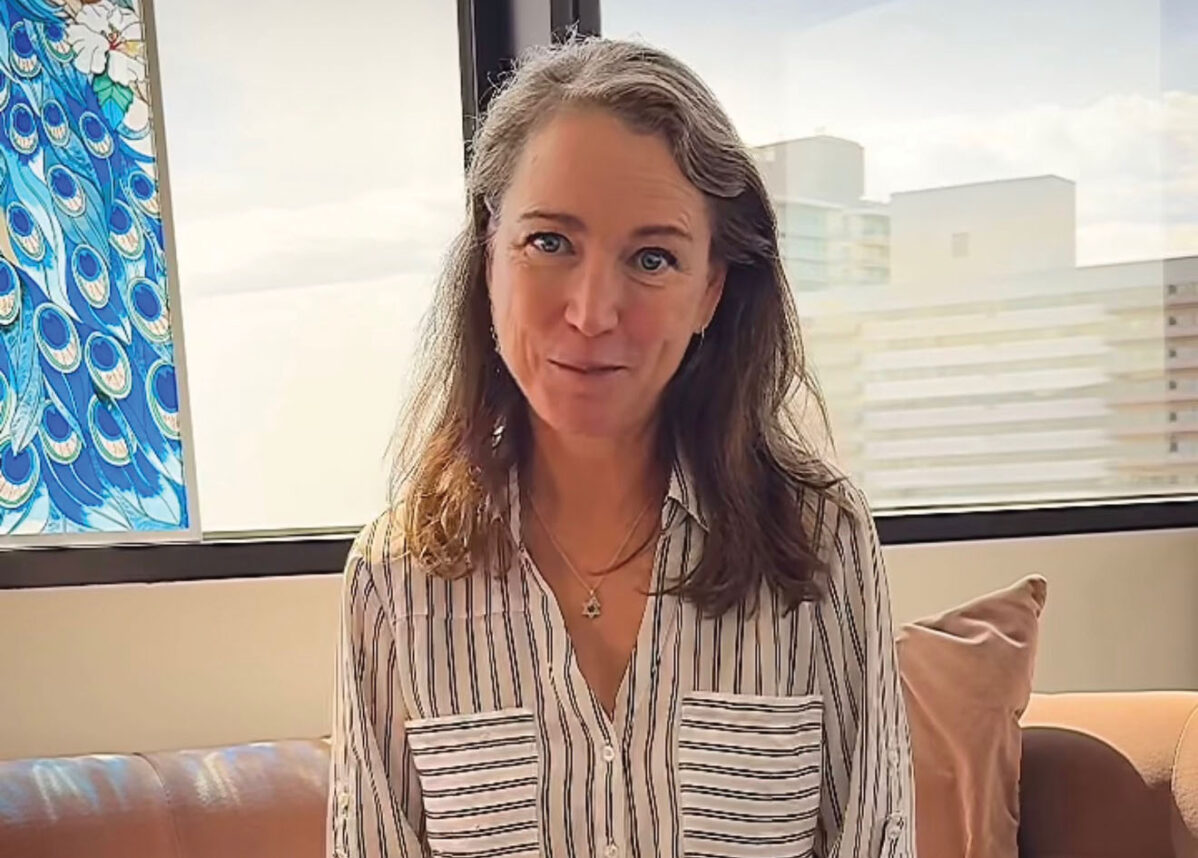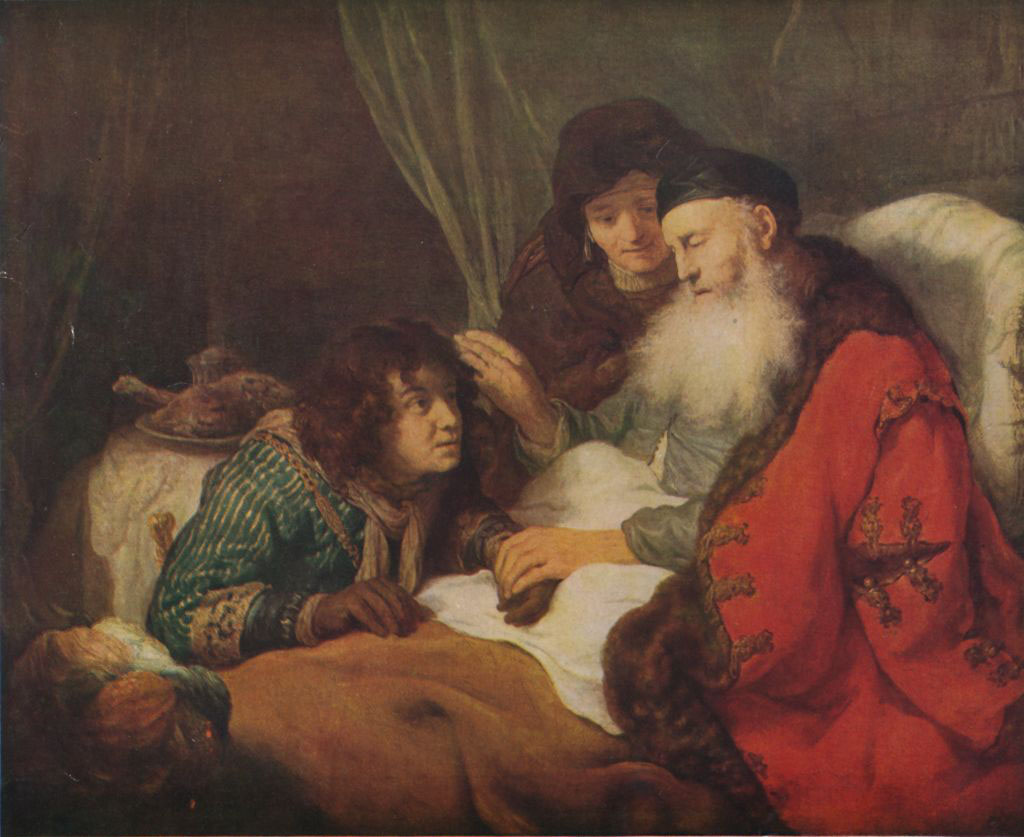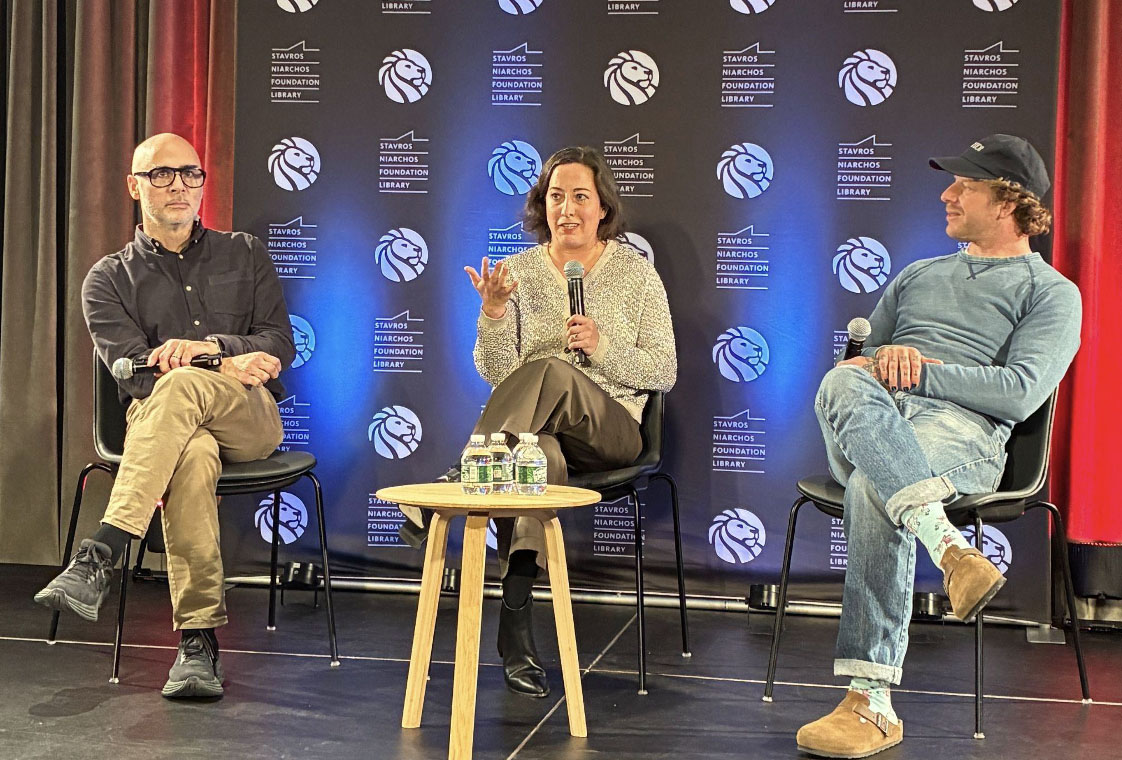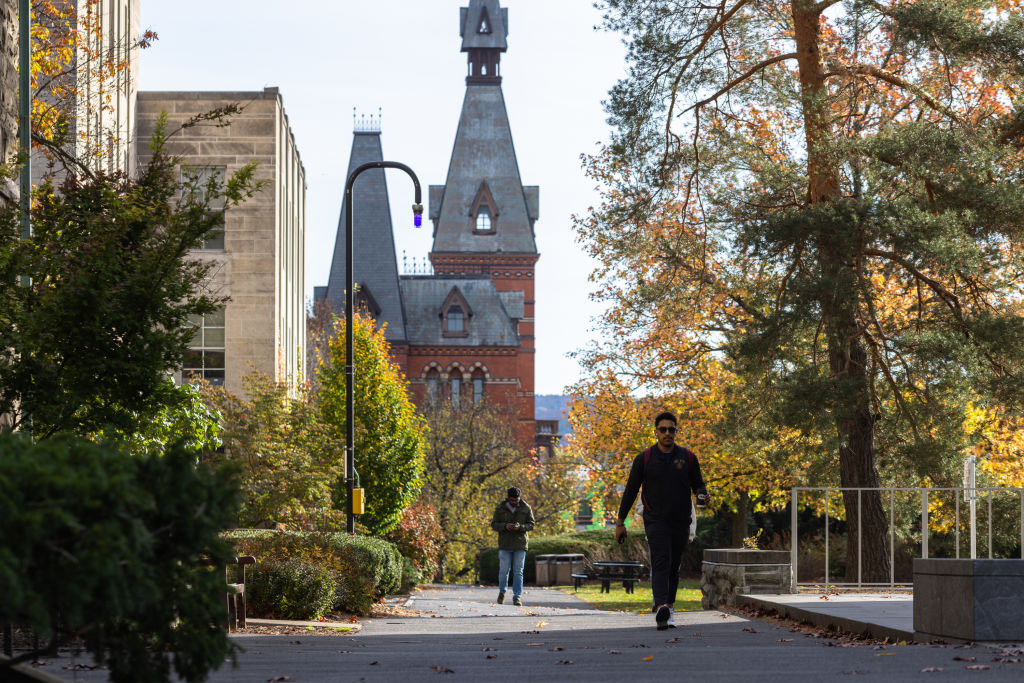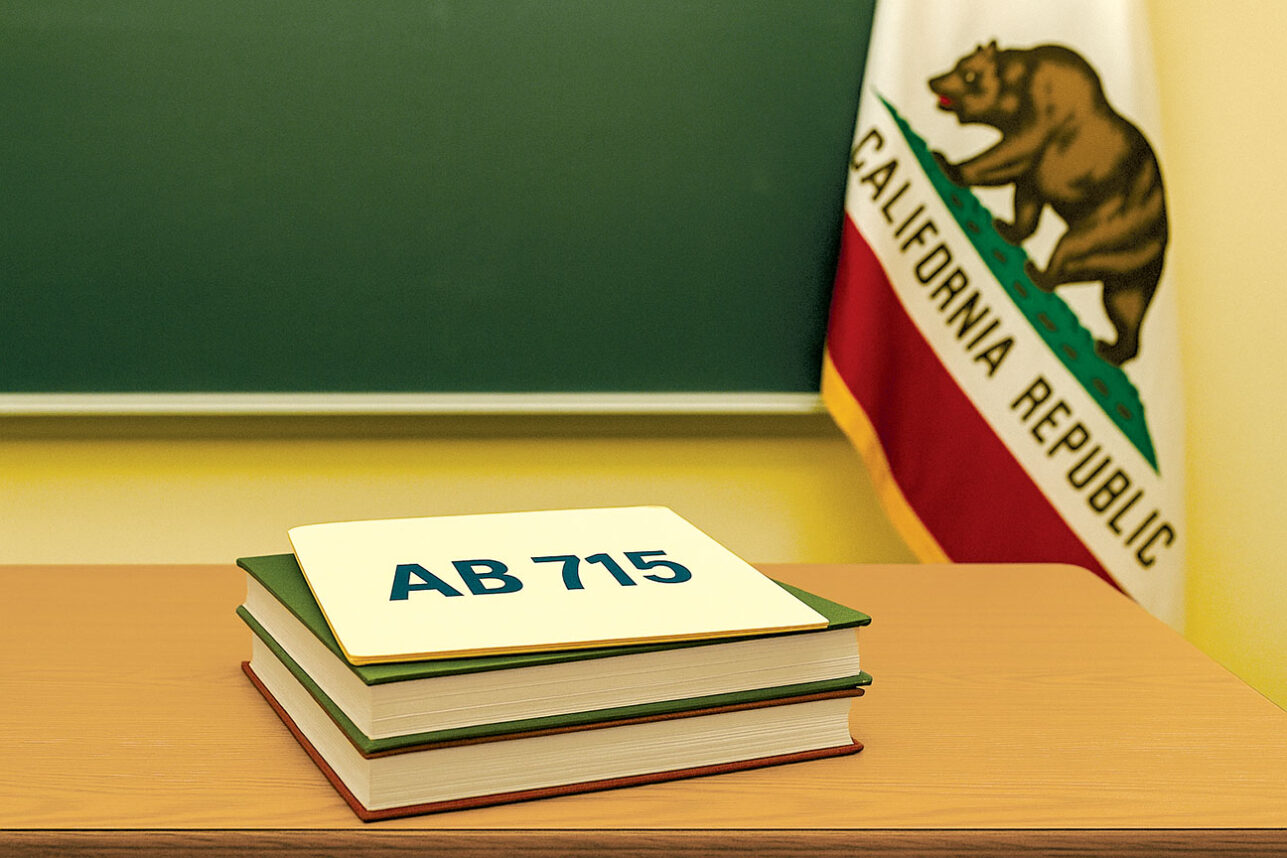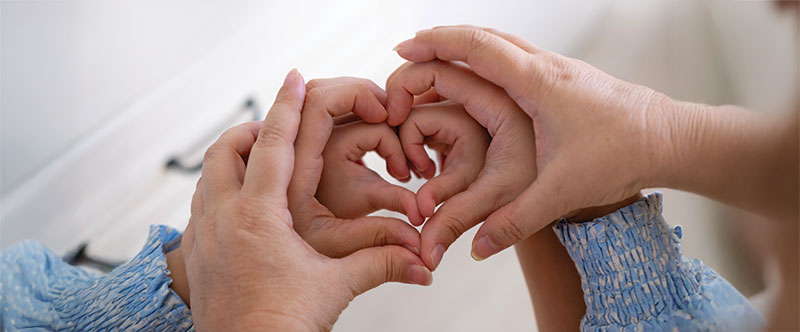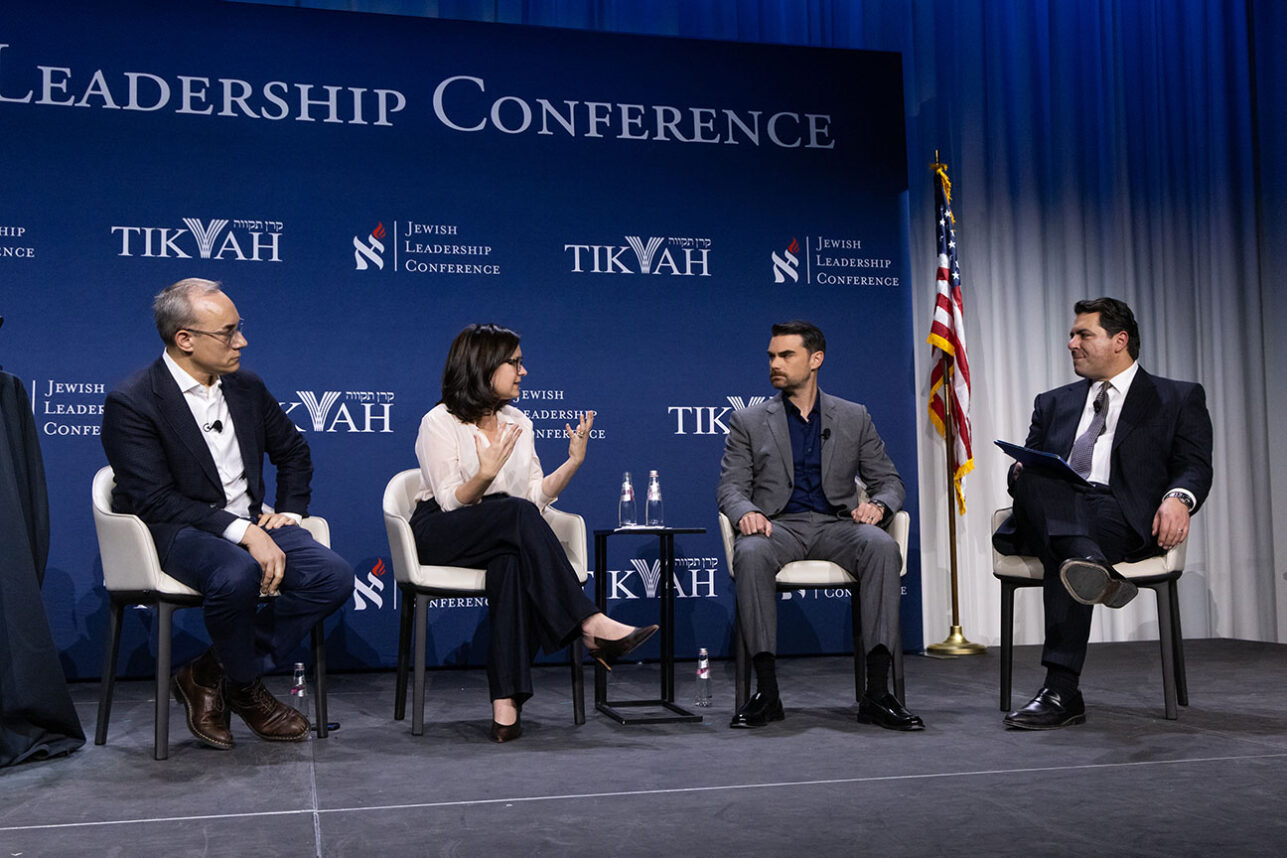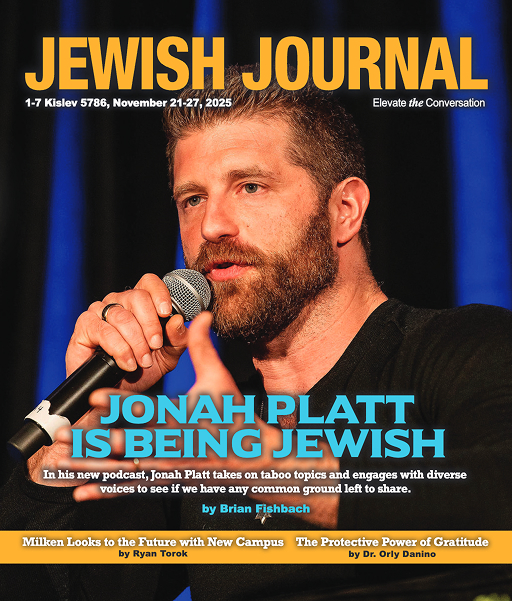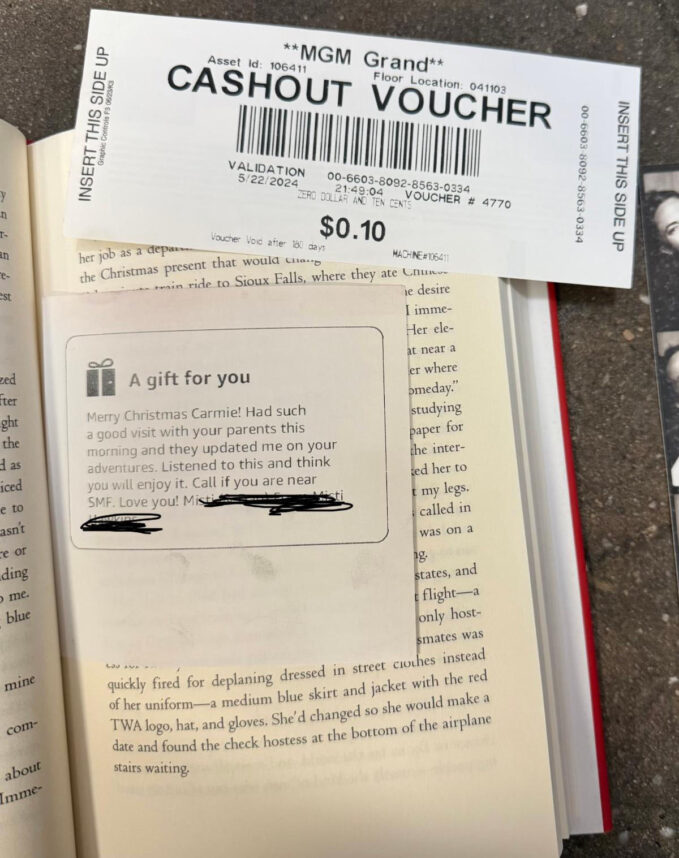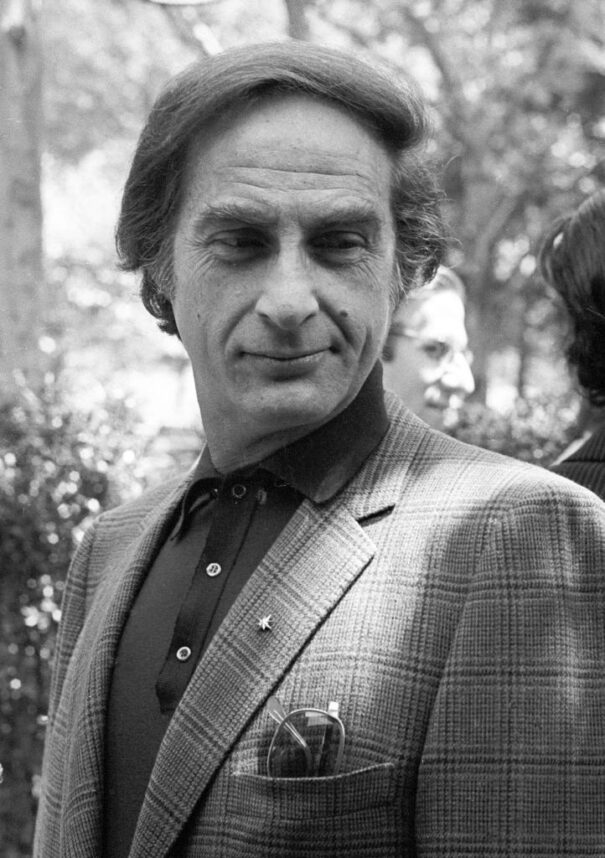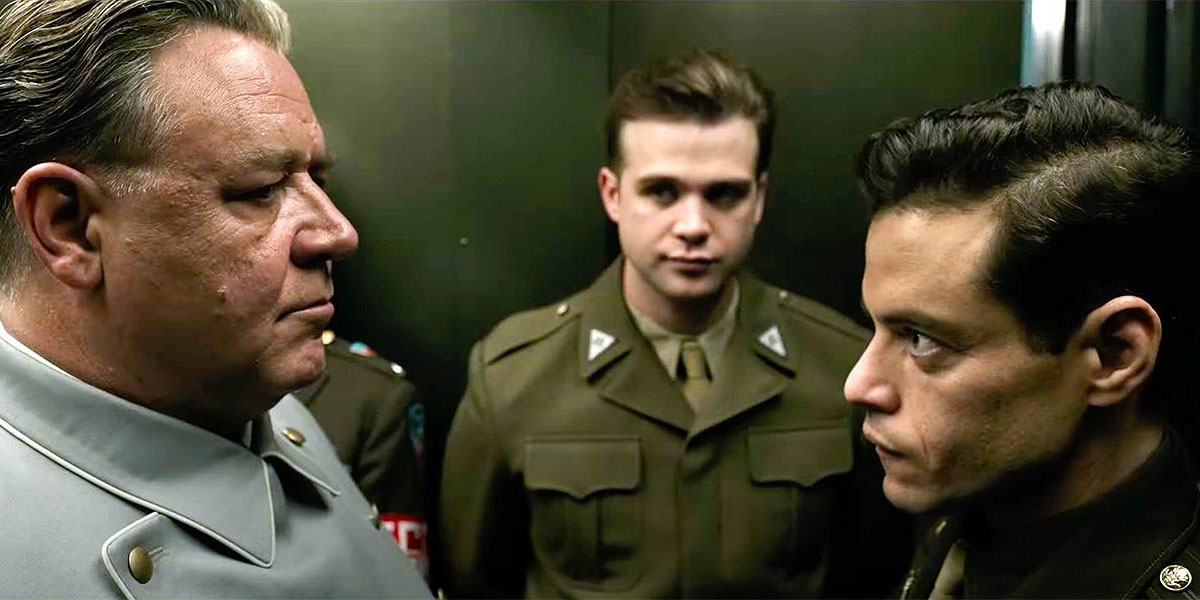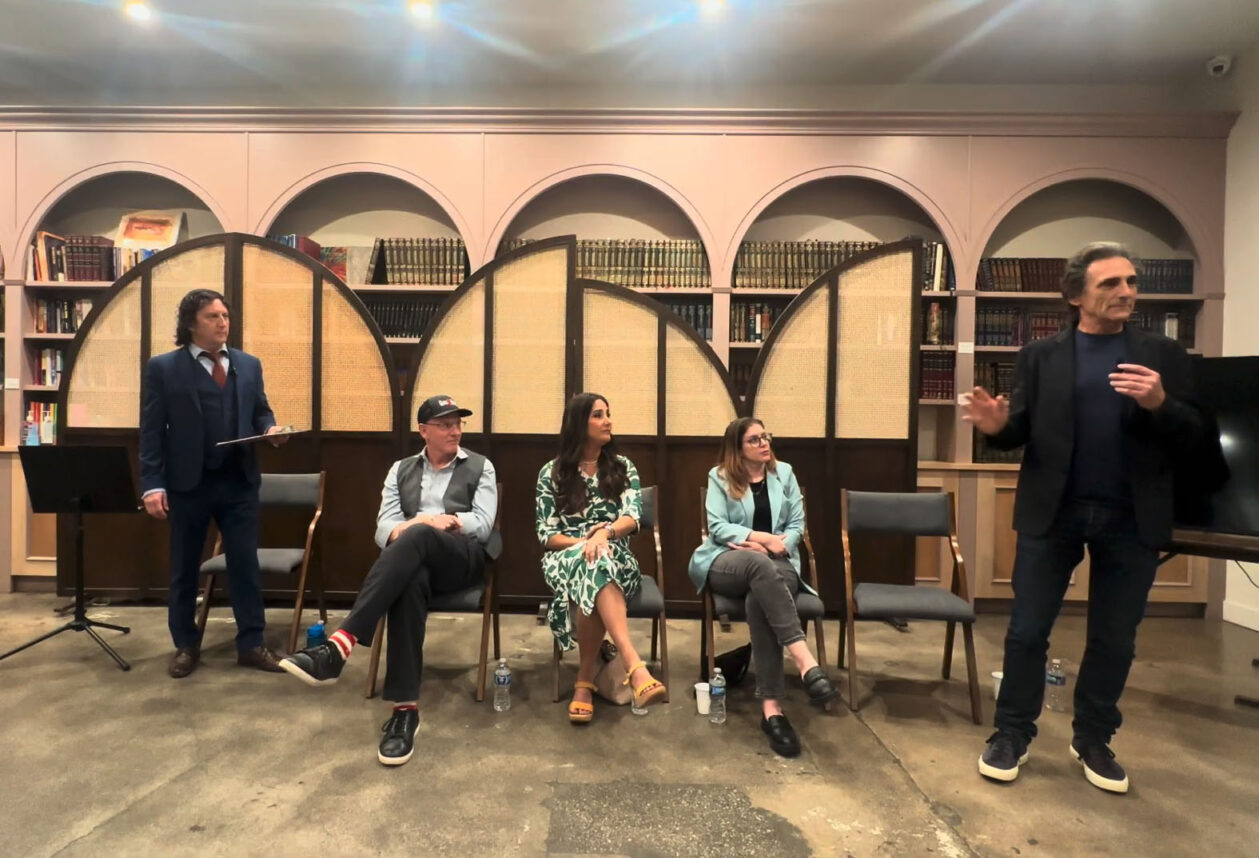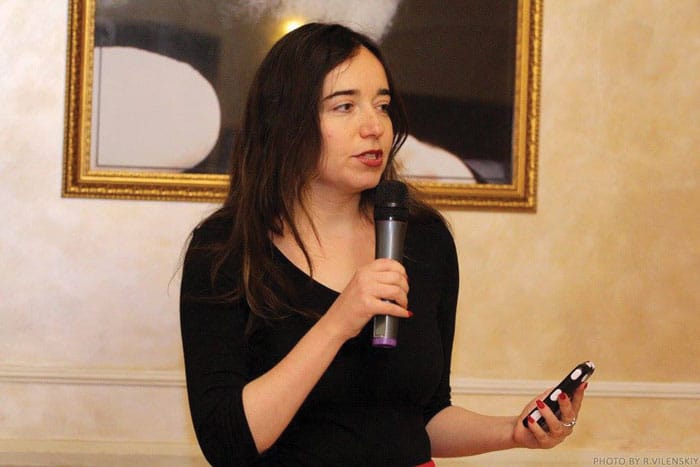
“I woke up February 24th at 7 a.m. and heard the phone ringing. My mother said, ‘Do you know that Kiev has been bombed?’ I thought she was joking. Within a few seconds I then heard a sound that was very different from anything I have heard before. It was cold and my windows were insulated and largely sound-proofed, but the noise reverberated throughout my apartment. I started researching online, and discovered that there was bombing throughout the country, except Kiev, the city in which I was living, was being bombed more heavily and more often.”
Malka Bondar is 39 years old, very articulate and a professional journalist. She also had her own PR agency, is Sabbath-observant, had attended conferences in the U.S. and frequently visited Crown Heights, Brooklyn for the High Holydays. She never expected that this country would provide refuge, however temporary, when her own country was being torn apart by Putin.
Wednesday, February 23 was a normal day. Malka met friends for lunch at a kosher restaurant in Kiev and ate lasagna and a Greek salad. They went for a walk, enjoyed the beautiful views of Kiev and discussed the political situation. The day before she had posted a picture in the city with the caption “So far everything is peaceful .” Little did she know that on Friday, February 25, she would escape with a small rucksack of clothes, just a couple of possessions, and see her apartment for what may be the very last time.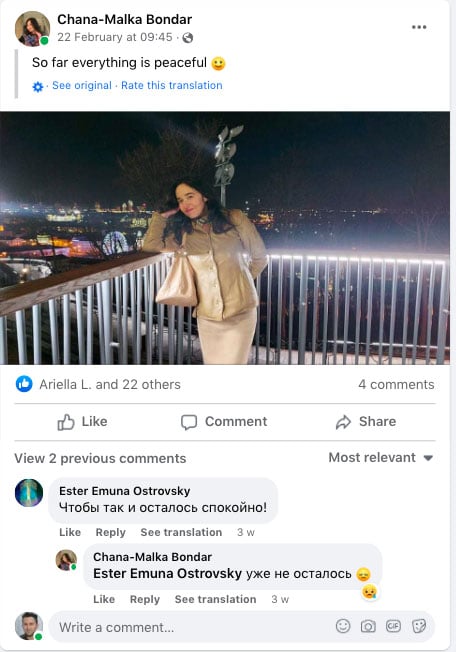
She is a seasoned journalist and worked on staff at Focus Magazine, a popular national magazine in Ukraine, writing everything from celebrity interviews to in-depth analyses of social trends. Her regular column is called “Masha Against Everyone” (Masha is a nickname for Maria, which is her name in Ukrainian). Her work as an investigative journalist included uncovering stories about corruption in the local government, such as how city officials gave out illegal permits to construct unsafe buildings if they were given a large enough payoff, or how they secretly sold off pieces of land designated for agriculture to property developers who were willing to pay a bribe.
Ironically, just before the bombing, Malka had been writing an article about anxiety among Ukrainians because of the looming potential of war. “I was supposed to send it to my editor that morning, but then I had to start rewriting once the shelling began. I wasn’t even sure that the media still existed, but I had to distract myself. Writing is a clear and understandable process for me, and it was a safe vestige of the past, even if that past was just a few hours earlier. I wanted the situation to be normal for me.”
She didn’t want to be alone, and a friend’s husband picked her up so that Malka could join them at their nearby apartment. It wasn’t safe to walk the streets, and they passed long lines at two pharmacies with people desperately trying to collect their medications for a long journey ahead.
Escape to Anatevka
“I couldn’t stay at home,” she said. “I lived near a big military hospital, along with several military buildings.” This could have been one of the most unsafe places in the city. “I heard that there was a three-hour “tactical pause” in bombing, although I didn’t know when the three hours started or would stop.” Risking her life, she quickly packed a small bag of clothes, imagining that she would go to her friends for three nights and return home after Shabbat. The next day she ran in and out of the apartment to pick up papers proving that she was Jewish, and the three of them rapidly drove to the Kiev suburb of Anatevka—the famous former shtetl that was immortalized in “Fiddler on the Roof.”
When Sholem Aleichem’s original Yiddish story was transformed into a Broadway musical, Philip Roth criticized it as “shtetl kitsch,” and one complaint was that the Russian officer was portrayed as kind rather than brutal and cruel. At the end of the play, Reb Tevye’s family are scattered and emigrating to America. Certain elements of “Fiddler” proved to be a chilling portent for the Jewish Ukrainian community in 2022.
“I suddenly felt dry and cold,” said Malka. “It was a new experience, I hadn’t had that feeling before, and it continued throughout my stay in Ukraine. My body felt the trauma. At the time my body just felt frozen with trauma and I couldn’t express my feelings. I was holding a cup and my fingers were trembling.” She still has the traumatic feeling today, even in the Los Angeles sunshine.
On arriving in Anatevka, she had another strange experience of seeing rabbis and other religious Jews using their cellphones throughout Shabbat. “It was pikuach nefesh (a situation of mortal danger when it is permitted to break the Sabbath rules).” She discovered a system that was beginning to get organized, including a WhatsApp group where community members shared information, and on Shabbat morning there were groups of people in the yard discussing opposing views. Some people thought it was safe to stay while others wanted to leave. There was the sound of bombing that had begun at 4 a.m. that morning, and it got closer and it closer.
Escape to Moldova
That night she joined four other people in a packed car as they traveled toward the border with Moldova. “The journey usually takes five hours but we had to take the safest route instead of the quickest route,” said Malka. “There was a police escort who constantly updated people on which roads were safer.” They stopped along the way and were asked by volunteers if they needed clothes. “My shoes were wet and my feet were freezing. All they had was an oversized pair of men’s sneakers, but in that moment it saved the situation.”
Eleven hours later, they were met by kind Moldovian volunteers in the village of Soroka who gave them hot drinks, which was a welcome respite from many freezing hours in their overcrowded car.
It seemed that every single room in Soroka was full of refugees, and they debated whether or not to sleep in the car. It was untenable, but a small miracle occurred and someone found a hotel. There was temporary shelter, even if the building had no heating. In the morning they traveled to Kishniev, the capital of Moldova, which they had been told was a major transport hub, and the local Jewish community would be able to help them.
Escape to Kishniev
There were no airplanes flying from the airport in Kishniev, but it was another temporary refuge and the local Jewish community paid for rooms in the Cosmos Hotel. The nearby Chabad House was serving hot meals 24/7, and there were queues for food around the clock.
Escape to Romania
Malka heard that her 75-year-old mother Devorah, who lived in the hometown of Dniepro, had started bleeding due to a medical condition. While trying to save her own life, Malka rapidly started making phone calls to evacuate her mother to the Ukrainian city of Odessa, where she would catch a bus to the border with Moldova, and then be transported to Bucharest in Romania. Malka would meet her in Bucharest and escort her to Berlin, Germany, where they would meet a cousin and get immediate hospital treatment.
The next morning Malka got a bus and made the 9-hour journey from Kishniev to Bucharest. On arriving, she received a call to say that the bus that was due to transport her from the Moldovan border to Bucharest had never shown up, and instead they caught another bus to Kishniev. Devorah was bleeding heavily in the Central Synagogue and needed urgent medical attention. Malka immediately got back on the same bus on which she had arrived and traveled the 9-hour journey straight back to Moldova.
Escape to Berlin
The situation was even more challenging since Malka’s mother did not have a valid passport, and time was running out. Two more miracles happened, as she was allowed to fly to Germany. Their plane was met by a medical team from the Hatzolah medical service, including two doctors who put them in an emergency vehicle and rushed them to the hospital for homeostatic treatment to stop the bleeding. Devorah is now stabilized and living near her cousin at a senior living facility in Berlin.
Escape to Los Angeles
Malka visited the care home every day, and did her best to translate the doctors’ words, although they were speaking in German and Malka doesn’t know the language. Before long it became difficult to stay in Germany due to various factors, including not being able to speak German, not knowing anybody in Berlin’s religious community, not having anywhere to stay since her cousins only have a small home without any space, and not having any money to rent somewhere else. She was invited to the U.S. by her close friend Malka Naomi Feldman, whom she had met at Machon Chana seminary in New York. Along with her husband Mordechai Yosef, a flight was arranged to Los Angeles, and Malka is temporarily staying with them in the Pico-Robertson neighborhood. She maintains daily contact with her mother in Germany, but the future is uncertain.
Purim in Hollywood
Soon after arriving in Los Angeles, Malka attended the Purim Party hosted by Pico Shul and the Chai Center at St. Felix bar in Hollywood. “It was a weird feeling of getting back to normal. I went to Jewish singles’ parties in Kiev, and after everything that just happened, it felt familiar. That day also felt like a game-changer because I unpacked my suitcase for the first time since escaping from Kiev. I feel like I can relax and enjoy some time here, at least for now.
The Day the World Changed
It is now one month since Malka heard the bombing near her apartment in Kiev, and left behind her entire life. The day before it had been unthinkable, but last Sunday morning a friend took her for a walk on the beach, and she saw the Pacific Ocean for the very first time. It was a brief respite from the massive uncertainties ahead, not knowing which country will allow her to get permanently established, or what will happen to her mother.
I met Malka last Shabbat at the home of Rabbi Yonah and Rachel Bookstein, founders of Pico Shul, and she was in good spirits. She is optimistic. “I feel that I have a future. I am not trying to predict it any more. I learned that I have to be very flexible in my plans, and to always assume that whatever the situation I plan, it may go in a completely different direction, and I have to be psychologically ready for it.”
Malka arrived in America with a purse full of Ukrainian money, and enough to pay for a month’s rent. She quickly discovered that all of the currency has been completely devalued, and no banks in the U.S. are interested in taking Ukrainian bills. They are useless pieces of paper, and even if she could access her Ukrainian bank account, all of her savings are now worthless.
How you can help
Malka’s story represents so many of the Ukrainian community who are suffering and displaced. So many of us are asking how we can help, and one way is to donate money so that we can help her through this difficult time until she can re-establish her life, and it will also allow her to send some funds to her mother in Germany. There is a crowdfunding campaign on the Los Angeles Jewish community platform Jewcer. The Talmud teaches that “if you save one life, you save the entire world” (BT Sanhedrin 37a). Now is our part to do what we can to help save the world. Please give what you can to help this remarkable woman.
You can donate to the crowdfunding campaign for Malka Bondar at http://picoshul.org/malka
Marcus J Freed is an actor, author, and Jewish educator. www.marcusjfreed.com and on social @marcusjfreed.

